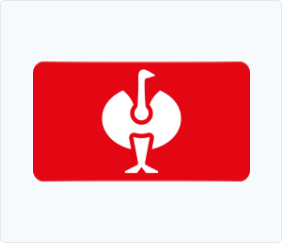
Michele Uva is a sports manager with skills in the areas of company restructuring, business development and sustainability coupled with a strategic focus on complex organisations, including transparency and accountability processes. He has dedicated his entire career to professional sport across several contexts, disciplines and environments, notably as CEO of sports organisations including the Italian Football Federation (FIGC) and Italian National Olympic Committee (CONI) as well as professional football clubs (Parma FC and SS Lazio), basketball clubs (Virtus Roma) and volleyball clubs (Zinella Volley Bologna, Volley Treviso and PVF Matera). He has also provided his services as an expert consultant in sports management and company reorganisations around the world.
In 2017, he was elected to the UEFA Executive Committee.
During his tenure, he served as UEFA vice president and chair of the Club Licensing Committee and as a member of the Finance, Club Competitions, Strategic Steering and Women’s Football Committees and the Professional Football Strategy Council.
A graduate of the University of Bologna, Uva has authored six books on the sport and football industry, most recently Soldi vs Idee, published in 2023, and has been invited to speak at COP28, the World Economic Forum’s annual meeting in Davos and the UN Global Refugee Forum. He currently lectures on several master’s programmes at universities and institutions around the world and is UEFA’s Director of Social & Environmental Sustainability, having been appointed in January 2021. In this role, he produced the organisation’s Football Sustainability Strategy 2030: Strength through Unity.








































